“Braiding Sweetgrass,” she cawed from the other side of the room. “By someone named Robin something. Robin Kimmerer, I think.”
The source of this unsolicited book recommendation was Sandra, an eighty-six-year-old musician and Quaker. Since the 1960s — Sandra later told me — she’d donated “probably about three hundred pints” of blood. She was such a prolific giver, that when President Nixon proclaimed the first National Blood Donor Month in 1970 — which still is January — she was interviewed on TV.
I met Sandra in early January. We were half-sitting, half-lying foot-to-foot in a donor center on the Upper East Side of Manhattan. Both of us had large needles jammed into our arms and were, as sternly instructed, pumping our fists every five seconds, willing the droplets to fill the still-flaccid blood bags.
I’d come to donate for the same reason I’d been doing so for the past five years: to get out of the house, to speak to humans. I knew as soon as I saw Sandra that she wanted to talk. Her eyes darting — as old people’s eyes so often do, from person to person — in search of a conversation. Robin Kimmerer, she’d determined, was the perfect opening gambit.
“Yes, it’s on my list,” I lied politely. “Well, move it to the top,” she ordered, with a severity that made me wonder whether I was her teenage granddaughter.
Then Sandra talked at me for ten minutes, or a hundred and twenty fist squeezes, without, it seemed, so much as pausing for breath. Our blood bags slowly swelled; too slowly, was how it felt. The nurse who kept checking our veins responded to my help-me eyes with eyes that said, “Sorry hon. I’ve been doing this way too long. It’s your turn.”
Then, mercifully, someone named Marty or Mitch or Mark walked by, the only male nurse in the place that day. “Sandra!” he beamed. “It’s so good to see you.” He then turned to look at me. “Welcome back, lady. I hope those burn scars are doing OK. They looked pretty gnarly last time you were here.”
It was only then that I recalled the conversation he and I had had two months ago — the last time I came in to give blood. It was just after the election. He’d inquired about the white marks on my arm, courtesy — I promise — of hot tea. He’d told me all about his daughters. Their names? Ivanka and Melania.
Despite the lightheadedness and discomfort that might come with donating blood — the occasional jaw-clenching, awkward, one-sided conversations between extroverts and introverts — it’s an utterly delightful experience.
Giving blood is the closest thing to an act of altruism in a world of depravity and selfishness. In a city that’s as grimy and gritty as New York, donation centers might be the last bastion of true civility. People offer up their veins and their time with no expectation of pay. The room and the equipment are clean — clean enough, anyway, that I don’t think twice before lying down. And if all that doesn’t sell it, the experience can be extraordinarily entertaining.
Over the past five years of donating, I’ve overheard break-up calls and make-up calls. Masked up during the pandemic, five of us collectively solved the New York Times crossword as we synchronously bled six feet apart. When I moved to New York City from London in March of 2020 — mere days before Covid restrictions were issued — I thought that joyfully weird conversations with strangers would be a regular delight in the city that never sleeps. Nora Ephron had promised me as much. But a year into my new life, this was the first conversation with a stranger I’d had.
Donating at the Lincoln Center’s blood drive, which happens a few times a year in the grand David Rubenstein Atrium, there’s a vertical garden and a reflecting pool. Musicians — a brass trio or a string quartet — provide an unlikely ambience considering the overpowering smell of rubbing alcohol and the rhythmic beeps of medical equipment. It is, perhaps, the most elite place to bleed. I tend to hang around afterward for a little longer, eating pretzels and pretending to feel just a tiny bit dizzy. In a city in which chronic competitive busyness is an expectation, just sitting, snacking, and listening to smooth jazz on an idle Thursday afternoon is the ultimate New York luxury.
During one donation about a year ago, just as my bag was starting to become turgid, something horrible happened. The seam burst. Blood everywhere. It pooled on the floor and soaked a horrified nurse’s pants. She rushed the mess out of sight, leaving in her wake a scene resembling the aftermath of a small massacre.
A few months later, I mentioned the incident to a different nurse as she was checking my pulse, iron levels and temperature ahead of tapping into a juicy vein. “I thought it was an urban myth!” she gasped excitedly, “I can’t believe that was you!” Fame, at last.
After we’d given our dose, Sandra and I sat and sipped apple juice together. I asked her about her songwriting. She acted unconvincingly demure, then serenaded me. We talked about other books, her husband’s Alzheimer’s, her exercise regime. She told me she’s glad “the gays” can now donate.
Just as I was starting to realize that I sort of adored her eccentricities, she ventured a suggestion. “I’ll be back in exactly eight weeks. See you at 2 p.m.?” I might not read Braiding Sweetgrass but I’m curious what Sandra will come out with next. She might try to convert me to Quakerism. I’m looking forward to seeing how that turns out.
This article was originally published in The Spectator’s March 2025 World edition.



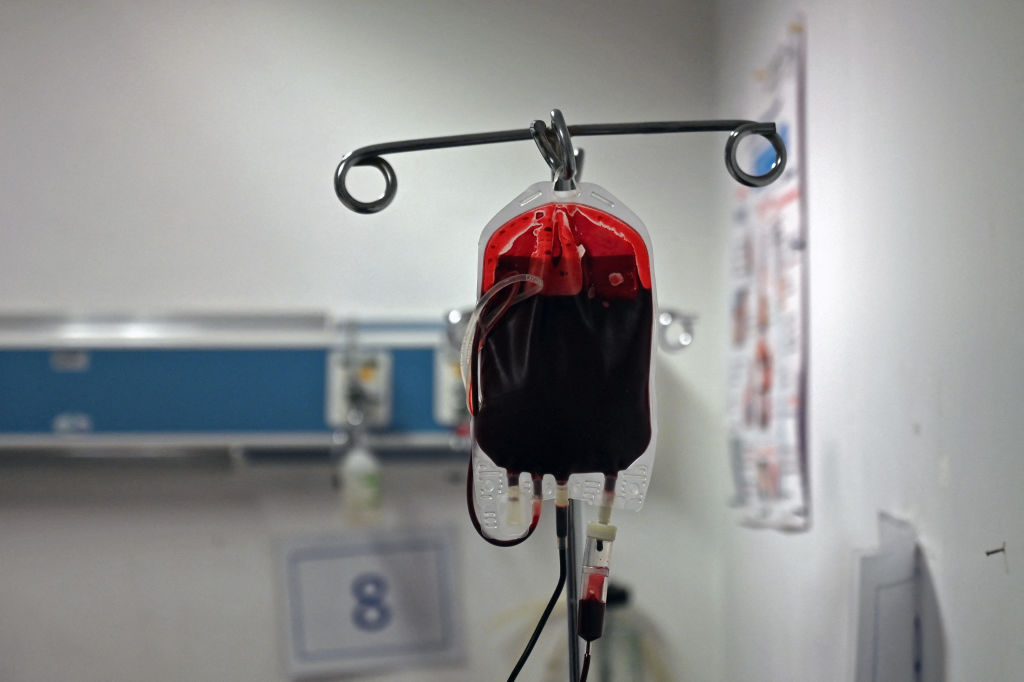






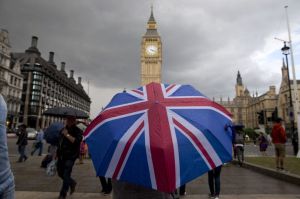
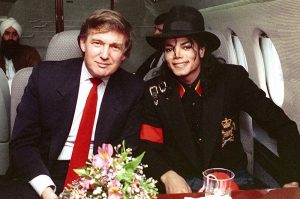
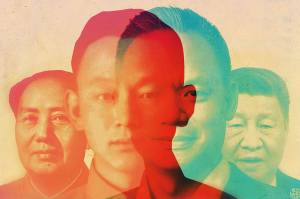
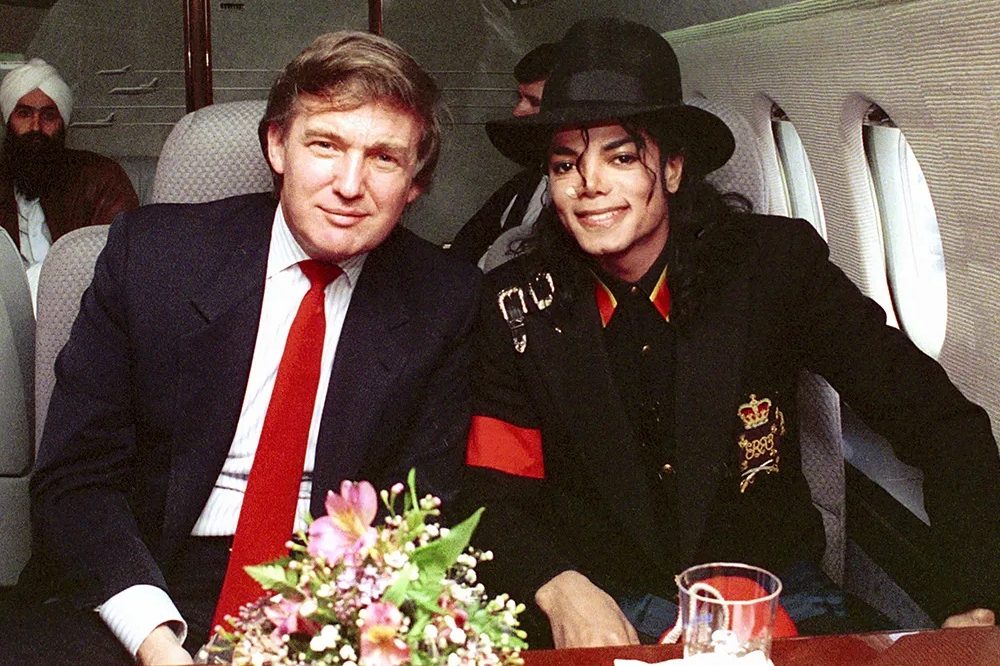
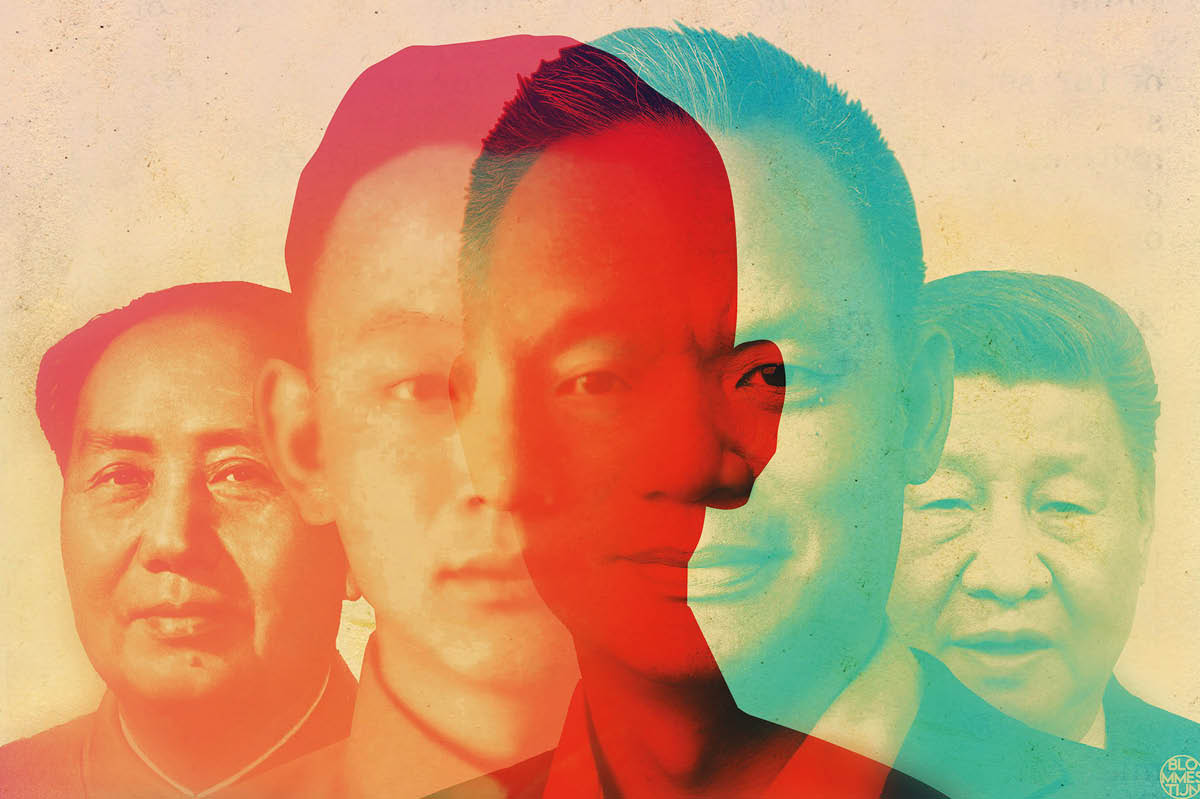



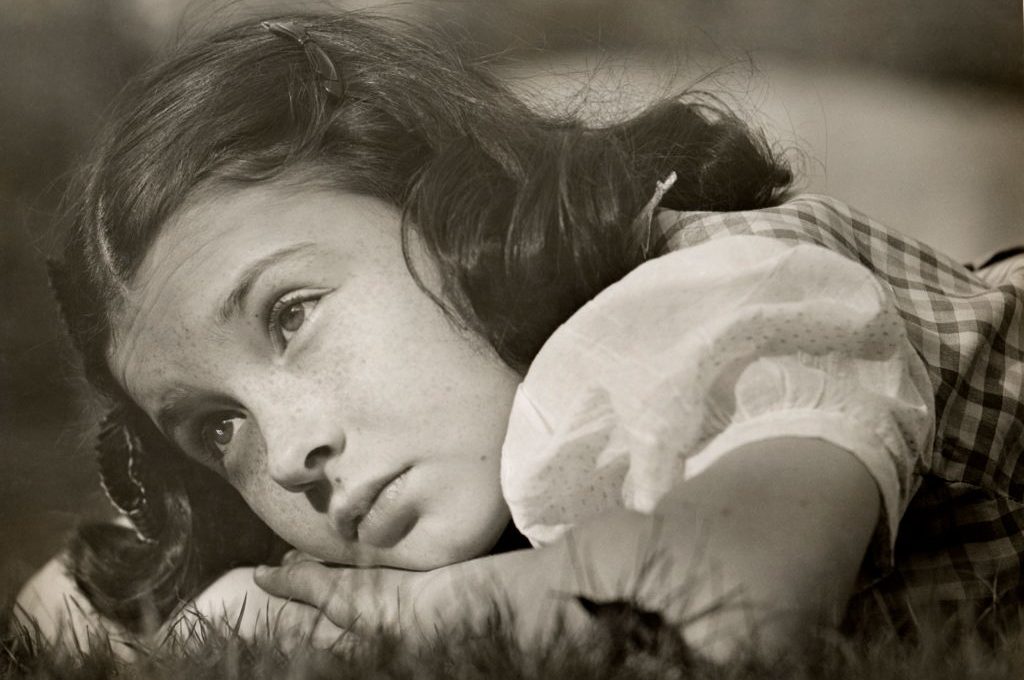







Leave a Reply